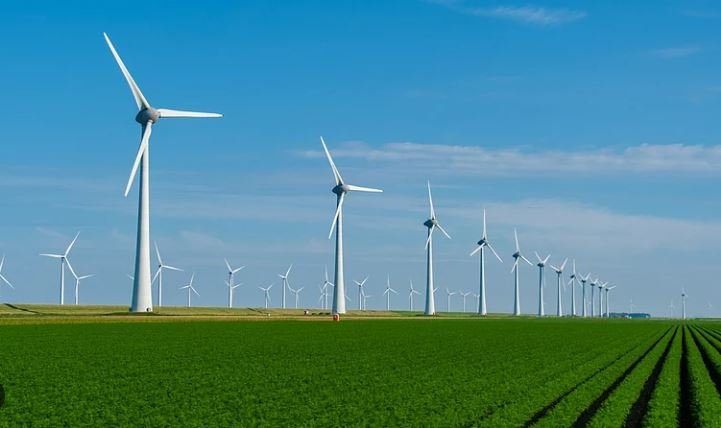India’s move to tighten regulations for renewable power generators has raised alarms across the clean energy sector, with industry bodies cautioning that the proposed rules could significantly impact project revenues and slow future investments.
According to letters reviewed by Reuters, several renewable energy companies have written to the Central Electricity Regulatory Commission (CERC) expressing concern over the new draft norms that propose stricter penalties for deviations in power generation forecasts. The regulations, part of the Deviation Settlement Mechanism (DSM), aim to align renewable energy producers with conventional power plants by introducing tighter accuracy requirements in energy scheduling and delivery.
Under the proposed changes, the tolerance limits for generation deviation would gradually be reduced beginning April 2026, and by 2031, renewables will be subject to similar compliance standards as thermal power plants. The government says the move is essential to ensure grid stability, given the increasing share of intermittent solar and wind energy in India’s power mix.
However, developers argue that the proposed framework could result in sharp revenue losses, up to 48 percent for wind projects and about 11 percent for solar and hybrid systems, according to estimates cited in industry submissions. Many renewable firms warn that the new rules impose compliance and forecasting burdens that earlier projects were not designed to meet, potentially rendering some projects financially unviable.
“Such stringent norms, if implemented without adequate transition support, could affect investor confidence and slow India’s renewable capacity expansion,” one industry representative said in a letter to the regulator.
India has already built more than 180 gigawatts (GW) of renewable capacity and is targeting 500 GW of non-fossil fuel capacity by 2030. Experts caution that if investment sentiment weakens, achieving these goals could become more challenging.
Supporters of the policy, however, say the move is a necessary step toward improving grid discipline and making renewable power more predictable and reliable. They argue that enhanced forecasting tools, better energy storage, and digital monitoring systems can help mitigate potential disruptions and ensure smoother integration of renewables into the national grid.
The CERC is currently reviewing feedback from industry stakeholders and is expected to finalise the rules before their rollout in 2026. Meanwhile, the Ministry of Power is exploring transitional measures to balance grid reliability with the financial viability of renewable developers.
If implemented effectively, experts say the new framework could set the foundation for a more resilient and efficient renewable energy ecosystem, but only if accompanied by strong policy support and technological readiness.



